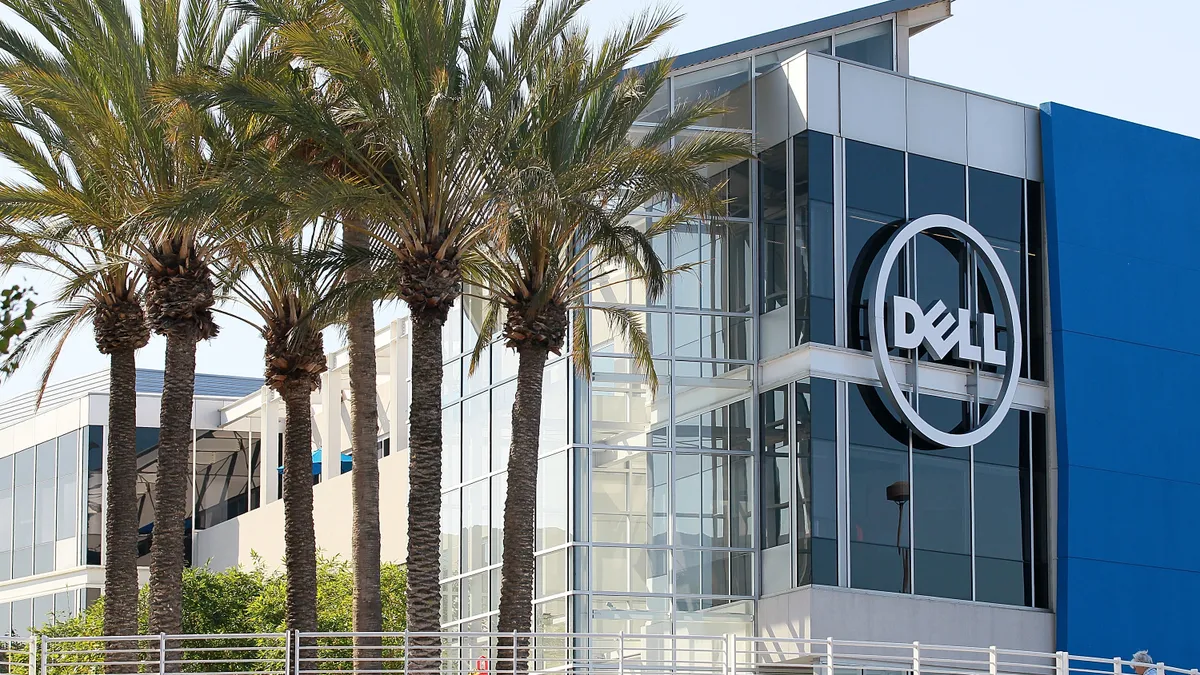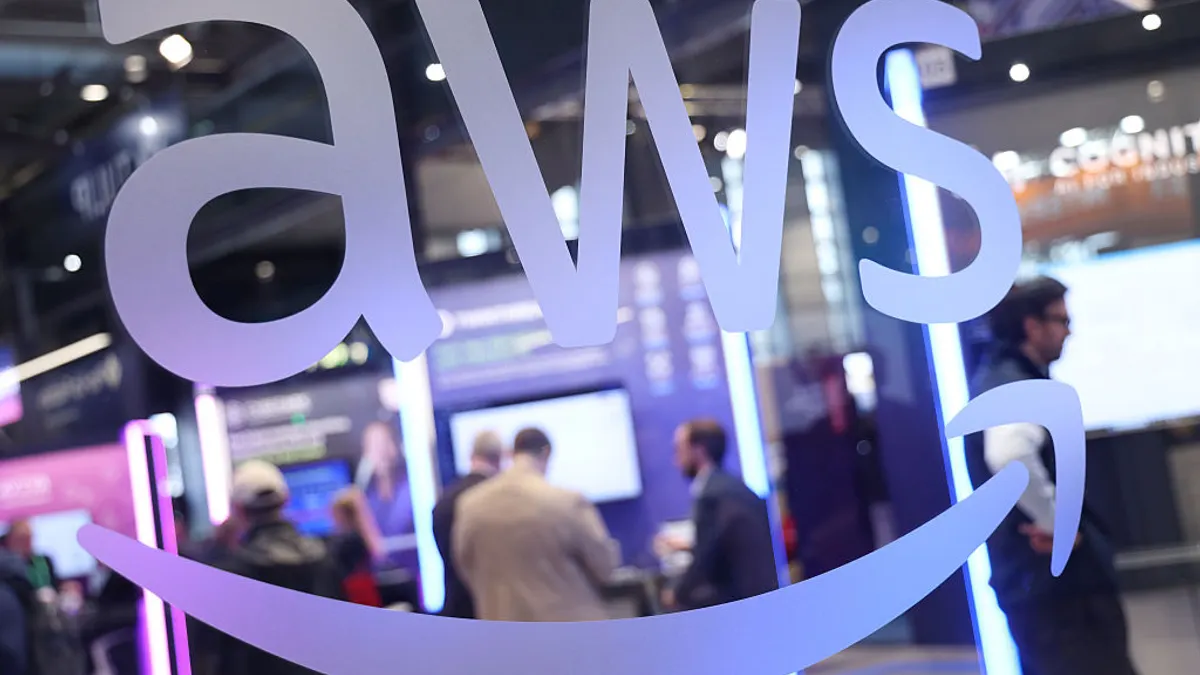Dive Brief:
- Dell Technologies is banking on generative AI implementation to lift its flagging PC business after more than a year of declining growth. The company is already seeing strong enterprise demand for AI-optimized servers, the company’s Vice Chair and COO Jeff Clarke said Thursday, during a Q4 2024 earnings call for the three-month period ending Feb. 2.
- "We believe the long-term AI action is on-prem, where customers can keep their data and intellectual property safe and secure,” Clarke said. “PCs will become even more essential as most day-to-day work with AI will be done on the PC."
- The company’s fourth quarter revenue declined 11% year over year, to $22.3 billion, the earnings report said. Revenue for the year was $88.4 billion, down 14% from the prior fiscal year.
Dive Insight:
PC shipments are just beginning to surface from a rocky two years of quarter-by-quarter decline.
Dell, the third-largest manufacturer behind HP and Lenovo, felt the sting in the final months of 2023, experiencing a decline in shipments of more than 8%, according to IDC market analysis.
The company pivoted aggressively toward AI last year, joining forces with Nvidia to infuse Dell servers with GPUs in May and partnering with EY to infuse its edge servers with industry-specific AI tools last month. Dell introduced a new line of AI-enhanced Latitude PCs last week.
Dell’s broader strategy is to integrate AI workstations with edge networks, supplying enterprises and cloud providers, Clarke said.
“AI tracks to where the data is created, which is on-prem or out at the edge of the network,” Clarke said. “We can service the CSPs. We can bring them the hardware, the GPU servers, in the future our AI PC — so all the way out to the edge.”
Clarke acknowledged that ramping up production may be the biggest challenge ahead for the company, as chips become hard to source.
"We sold a broad portfolio of silicon diversity into the marketplace for our customers,” he said. “That's reflected in our backlog. And the backlog is hard to parse in the sense of a single lead time because it's now a complex backlog with multiple variants.”















